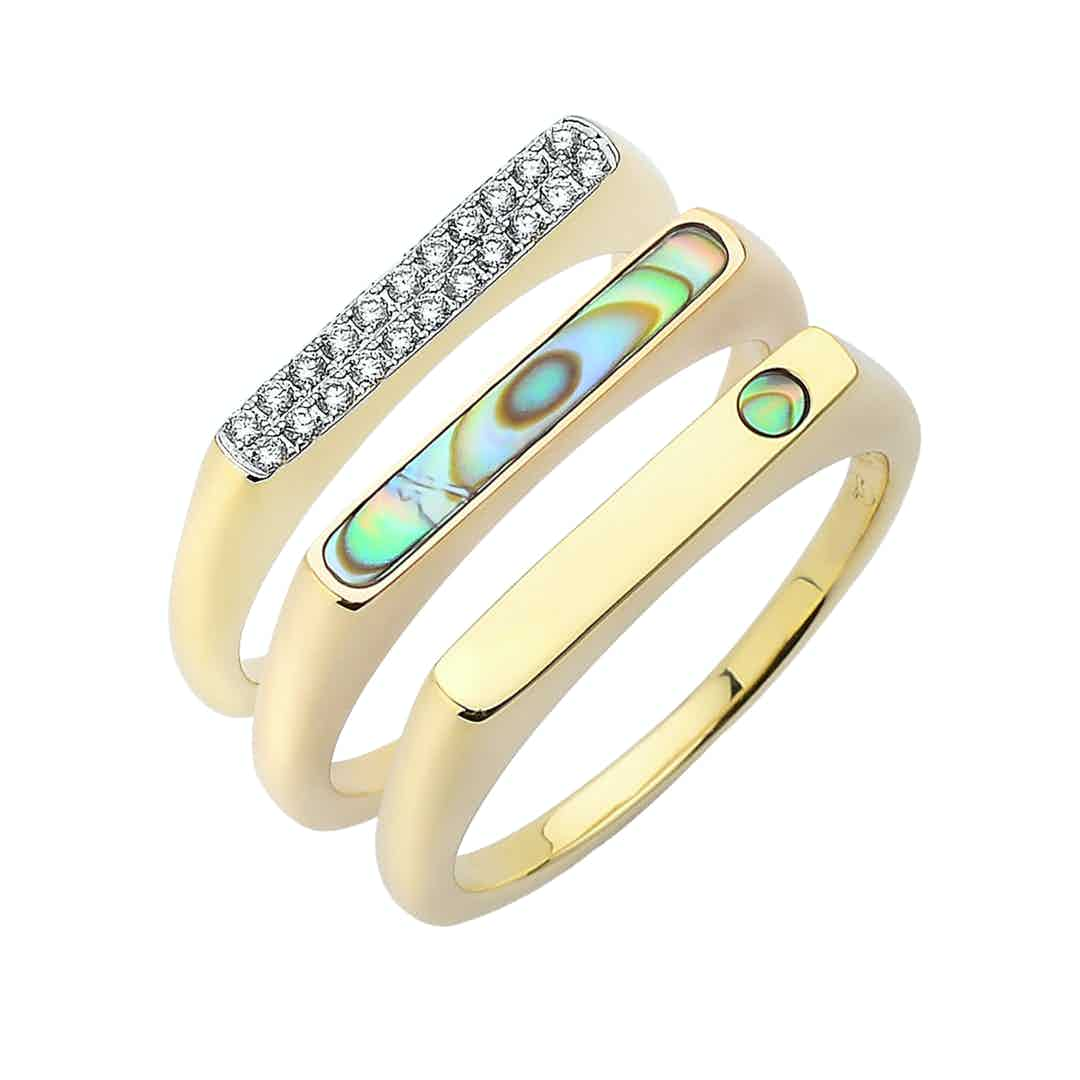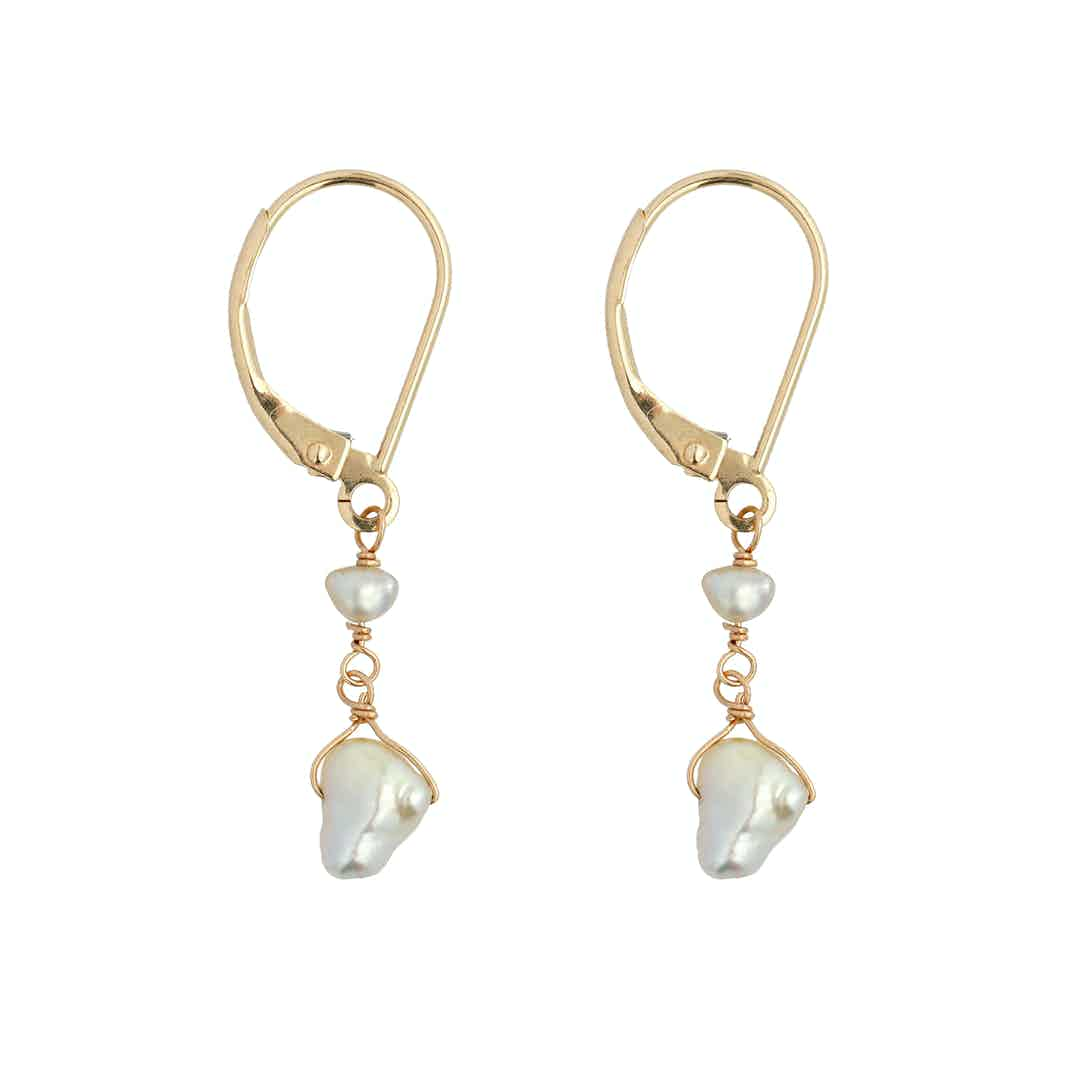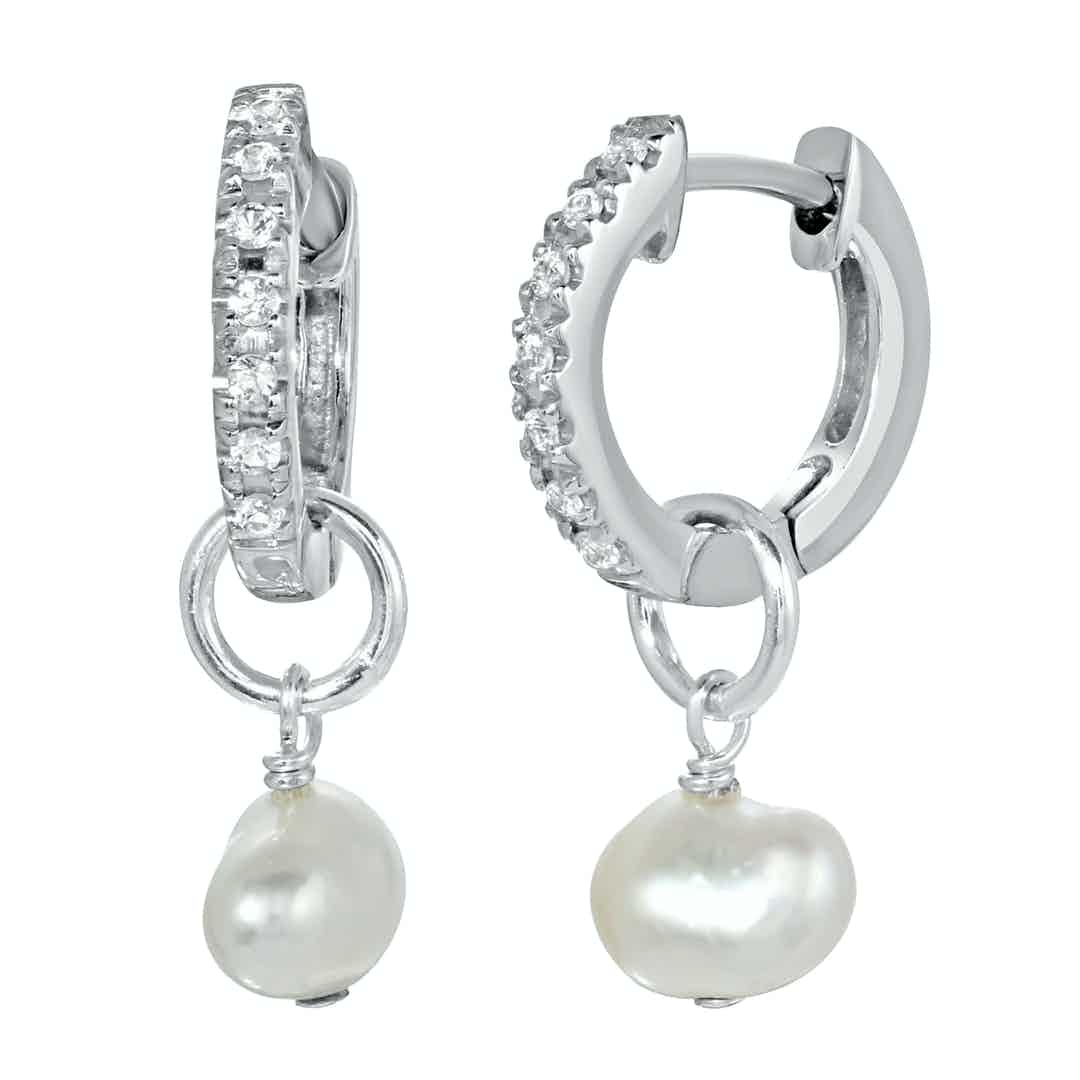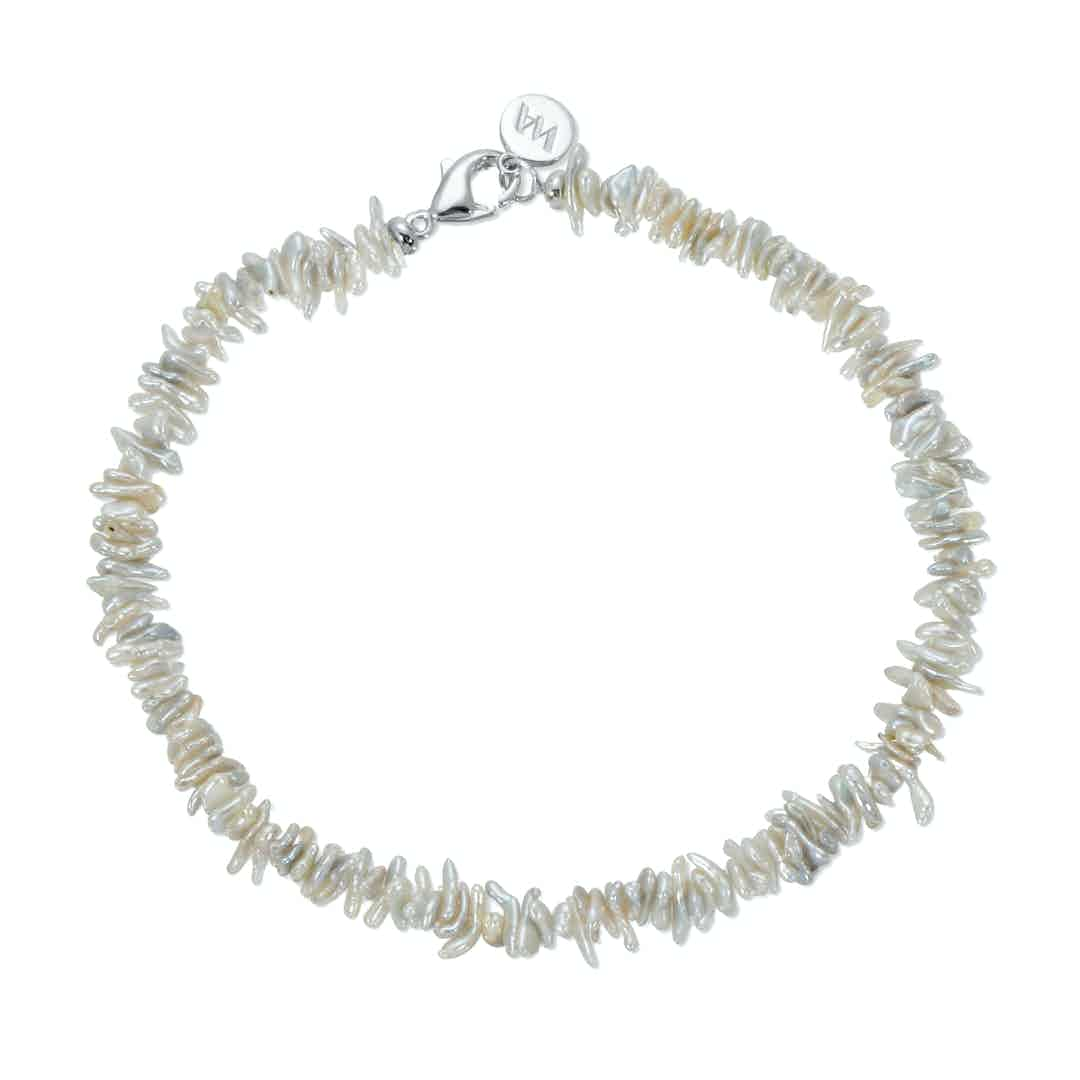Interview with the founder of Washed Ashore
In today’s interview, we talk to Larada Lamsam Founder of Washed Ashore to find out more about the ethics behind the brand.
Washed Ashore was founded around core values of defense of the ocean and preservation of marine resources, community, education, and people empowerment. To them, sustainability is not a trend, it is their lifestyle and everything they strive for. The mission extends beyond the deep blue. By understanding that everything is connected, Washed Ashore is on a mission to be kind and humane to the planet and all its inhabitants. A sustainable product is not an easy goal to achieve, but that is what they set out to do; to bring you the cleanest and most beautiful handmade jewelry possible.
Thank you for wanting to be part our exclusive network. What were your reasons for joining us and investing in the Ethical Brand Directory / Academy and community?
We would like to join a community whose mission aligns with ours in regards to achieving the highest sustainability goal and supporting other brands that implement the same values.
Can you give me a brief overview of your brand and the type of products you sell?
Washed Ashore was conceived from the love of Mother Nature and all her awe-inspiring wonders. Being inspired by nature, sustainability is not only an aspect of the company but the entire foundation the brand is built upon. We offer delicate jewelry, manufactured from 100% recycled gold and silver, along with post-consumer upcycled stones, abalone diverted from waste, and natural Japanese Akoya pearls.
1. Sustainability is at the core of the company.
2. We are a small female-owned business, we take pride and are conscious about the way we operate both internally and externally.
3. We work with a continuous improvement principle, meaning that as innovation and sustainability science progresses, we’ll always strive to reach the highest level of sustainability.
What was your WHY? What inspired you to set up your business?
The goal of having a company that focuses on sustainability and being eco-conscious had always been something I would like to achieve. Once I entered the world of modern-day jewelry manufacturing, I was appalled by how detrimental the process is to the people and the planet. That was when I knew we had to do something different. Washed Ashore was conceived to provide greener alternatives that are eco-conscious than traditional jewelry.

What challenges do independent brands like yourself face?
Being independent is both liberating and challenging at the same time. One challenge that we face as an independent brand is not having as many resources as we would like to have in order to achieve the ultimate sustainability level.

Why is it important to be ethical in business?
I’m a firm believer in karma and being ethical in, not just business, but in all aspects of life, is very important to me. Being ethical means to truly care about the consequences of our actions, the effects we have on the people and the planet. Being ethical requires compassion and understanding, and I think that is so crucial in achieving sustainability goals.
What is the link to your page on ethics on your website?
What steps are you taking to ensure your brand operates as ethically as possible?
Fortunately, we are a very small, close-knit team, and that makes it very easy to keep tabs on all activities. The decisions made are always with the environment and the health and well-being of the people in mind. We have close relationships with our subcontractors and our suppliers and making sure that they are paid fairly.

How important is sustainability for businesses? What are you doing in your business to reduce your environmental impact?
Sustainability is important for businesses because it is the only way to truly exist and operate in the long run. If businesses continue to deplete the resources and people, eventually, it would become difficult and lead to the inevitable doom.
We reduce our environmental impact by promoting a circular business model rather than the traditional linear one. We reuse and recycle our materials for as long as the life cycle will allow us to prevent the need for mining of new materials.
What are you not doing in your business but want to improve on?
There are certain things, being the small company that we are, that we are not yet able to achieve such as a full life cycle assessment of the company and annual reports that we can publish for our consumers each year. We also would like to ideally be 100% plastic-free, however, at the moment in order to keep the jewelry inventory from scratching and oxidizing, we have to use biodegradable PLA plastic zipper bags.

What is the link to your page on sustainability on your website?
What is your supplier and sourcing policy?
Our suppliers are thoroughly vetted internally. We prioritize suppliers that are certified as eco-friendly and local to our manufacturing operation. Our metal refineries are certified by RJC. Our stones, pearls, and abalone are sourced directly from the farms and secondhand jewelry shops by us.
In 10 years from now where would you like to see the fashion/beauty/travel world? From a business and a consumer perspective
I would like to see that world moving towards sustainability in the next decade. The biggest force that can demand change is from the consumers, and businesses have the power and the responsibility to deliver and drive that change.
Do you have any favourite ethical and sustainable quotes, or any key influencers that inspire you?
“I like to envision the whole world as a jigsaw puzzle… If you look at the whole picture, it is overwhelming and terrifying, but if you work on your little part of the jigsaw and know that people all over the world are working on their little bits, that’s what will give you hope.” – Jane Goodall
Why should the general public care about supporting ethical and environmentally responsible brands?
The environmental, social, and economic situation around the world is dire. We are at a pivotal time in history where we now know the way we have been producing and consuming are severely harming our planet, health and preventing the sharing of wealth. The general public has a critical role in the economy and can reduce the damage that’s being done by improving their consumption habits, consuming consciously, less, and also by supporting responsible brands.
Check out their EBD listing:
